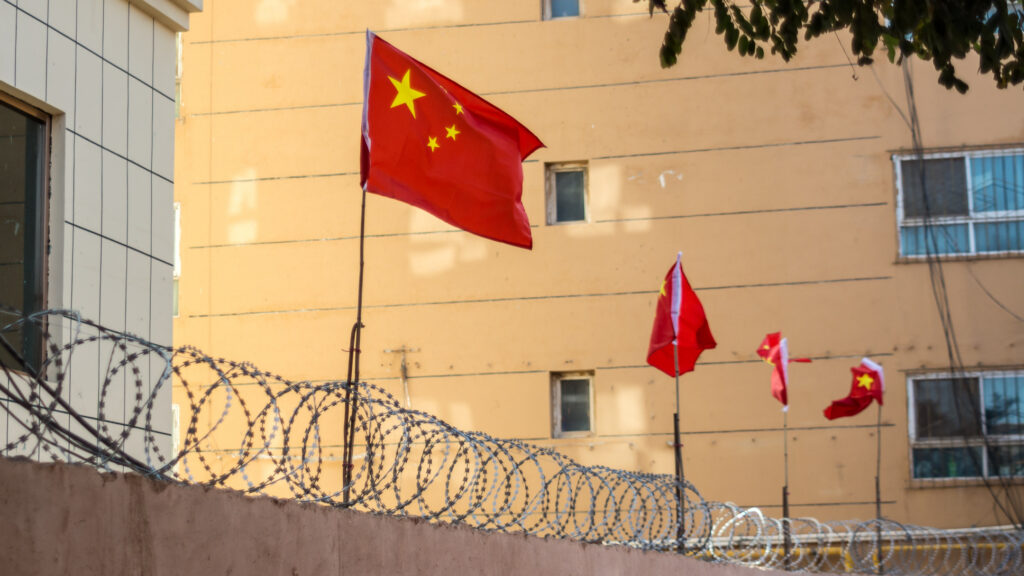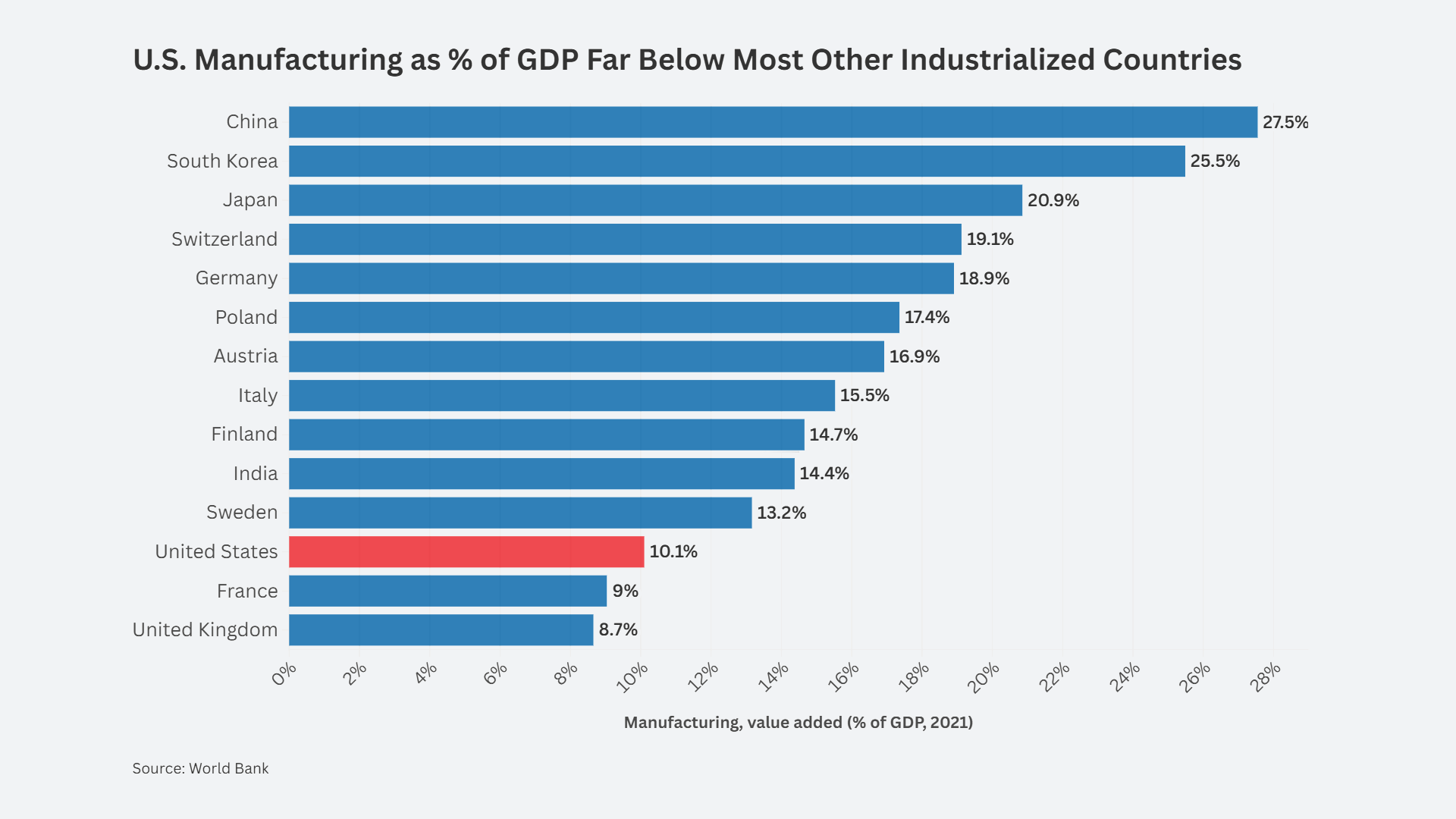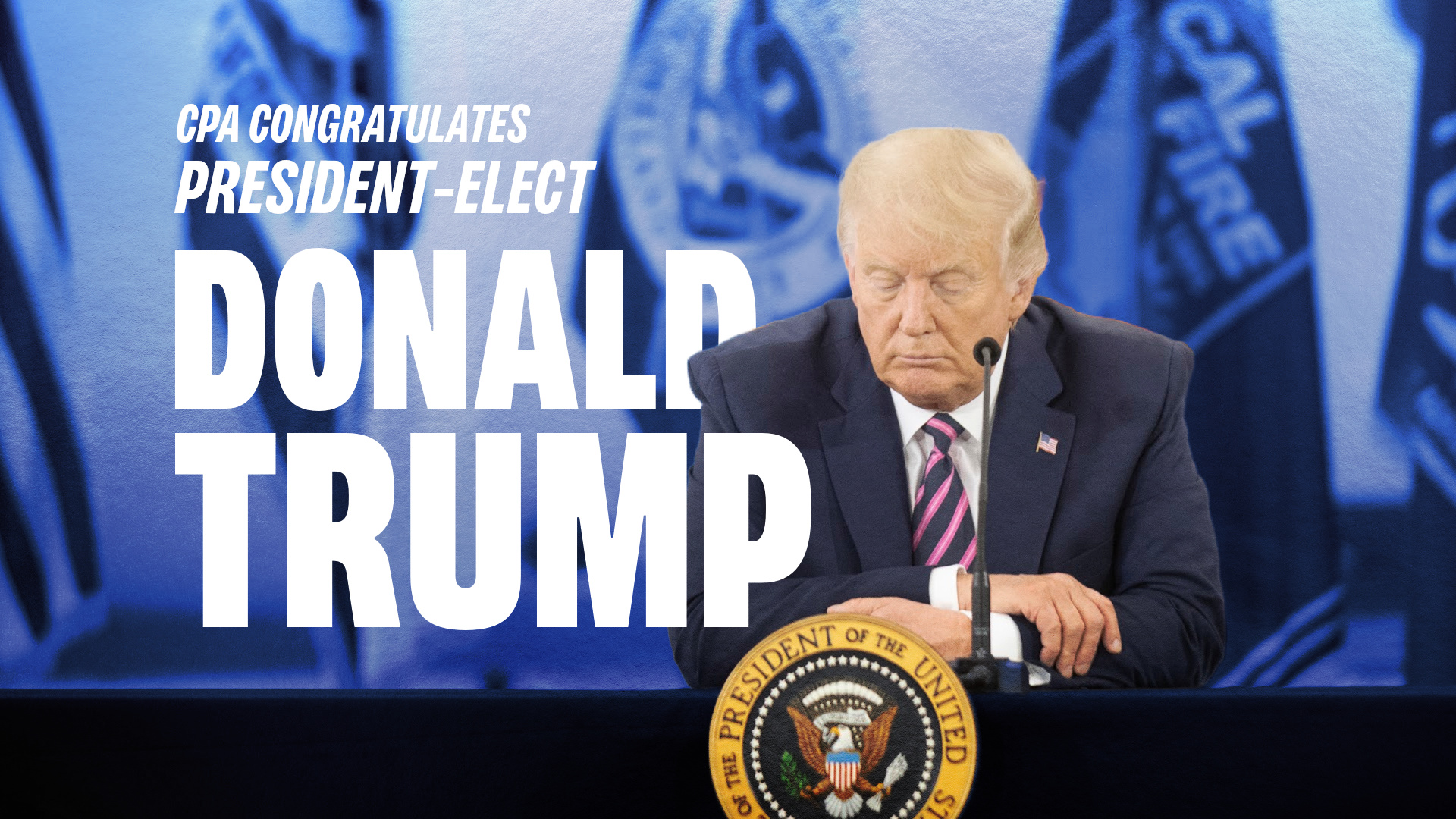It’s taken years for world attention to focus on Beijing’s ongoing genocide of Uyghurs and other ethnic groups in Western China. But in an October 2021 statement at the United Nations (UN), 43 countries called for action on China’s human rights violations in the Xinjiang Uyghur Autonomous Region (UAR). It was a recognition that Beijing is continuing its deplorable treatment of Uyghurs and other ethnic minorities. This tells us that sanctions have yet to solve a serious human rights problem. In response, a new strategy is needed — to force Beijing to end its brutality in the UAR.
What exactly is happening in Xinjiang? As the UN statement made clear, Beijing continues to operate a large network of political “re-education” camps. It’s estimated that more than one million people have been arbitrarily detained. Essentially, they’ve disappeared.
The reports that emerge from these “vocational centers” offer a disturbing snapshot of inhumane and degrading treatment, torture, forced sterilization, sexual and gender-based violence, and forced separation of children. Uyghur minorities are considered inferior, and Beijing employs high-tech surveillance to aggressively restrict their movement.
What’s particularly striking about Beijing’s brutality is the reports of forced labor for tens of thousands of Uyghurs. It’s estimated that between 2017 and 2019 alone, at least 80,000 Uyghurs were transferred out of Xinjiang. These people were simply shipped to factories throughout China under a central government policy known as “Xinjiang Aid.”
After scrutinizing this chain of forced labor, the Australian Strategic Policy Institute (ASPI) identified at least 82 well-known global brands potentially benefiting from the use of Uyghur workers through labor transfer programs. This includes some of the world’s top brands. In one case, a Washington Post reporter found Uyghurs laboring at an American athletic footwear factory in Laixi, China — roughly 2,000 miles from Xinjiang. The reporter quoted a local vendor as saying of the Uyghurs, “The government sent them here.”
In December 2021, President Biden signed the Uyghur Forced Labor Prevention Act (UFLPA). Since then, the U.S. has begun seizing more goods from Xinjiang based on a presumption of forced labor. However, Beijing remains unmoved. Satellite imagery has recorded some of the vast detention centers constructed to continue Uyghur persecution — including one facility that the Associated Press estimates could hold 10,000 people.
Beijing remains committed to persecuting Uyghurs, Tibetans, and other religious and ethnic minorities. The question, then, is whether global brands can be persuaded to separate from these forced labor supply chains. Some major brands are earning record profits — in part from using forced Uyghur labor. These are extremely profitable companies listed in America’s stock exchanges. A wide array of international investors — including banks, pension funds, and university endowments — earn significant returns by investing in them.
If U.S. lawmakers want to thoroughly tackle China’s slave labor, they need to punish the multinational firms that enable it. And the answer comes down to capital markets.
Congress could set criteria to thoroughly identify companies sourcing goods through Uyghur forced labor. Any company that does not completely disassociate from China’s forced labor would be delisted from U.S. stock markets. This should also include any exchange-traded funds (ETFs) and mutual funds containing such businesses.
Shutting down access to America’s financial markets is the one place where Congress can act from a position of strength. This “forced labor divestment” would be the big stick — the threat to a major global brand of being shamefully removed from America’s capital markets.
If China won’t end its persecution of Uyghurs, multinationals must be compelled to step away. Hitting them in the global financial arena could be the kicker — the means to impose responsible and humane practices.
It’s time for Congress to force the issue — and condition access to America’s financial markets on ending corporate complicity in China’s egregious human rights abuses.














